14th Swiss Course on Medicinal Chemistry 2022
Leysin Switzerland

14th Swiss Course on Medicinal Chemistry 2022
Leysin Switzerland

The 14th Swiss Course on Medicinal Chemistry addresses most up-to-date topics of current pharmaceutical research in different areas, such as:
The organizers were proud to announce that a considerable number of renowned experts in their respective research field contributed to this year’s Medicinal Chemistry Academy. Attendees got authentic insights into emerging areas of small-molecule drug discovery, presented by inspiring world-class opinion leaders from innovative biotechnology companies, big pharma industry, and prestigious academic research groups, some of which are mentioned below. A broad spectrum of enabling technologies and drug discovery success stories across different disease areas were presented.
A comprehensive overview on therapeutic approaches in the field of cancer treatment was provided by a true expert and practitioner in the field, namely
Dr. Andrew Mortlock, Vice President Oncology Projects and Alliances at AstraZeneca. A broad spectrum of drug discovery opportunities in the field of oncology with associated medicinal chemistry strategies was presented. This is a Must-Hear Topic for all practitioners in our scientific research field.
As one of the world-leading experts in Medicinal Chemistry, Dr. Nicholas A. Meanwell, Vice President at Bristol-Myers Squibb, provided a detailed report on truly successful drug discovery campaign pursued at BMS that yielded in an innovative breakthrough medicine. In addition to reporting on that success story, he actively taught on the tactical application of bio-isosteric concepts in Lead Finding and Optimization during hands-on tutorials, all attendees participated in.
Dr. Andy Phillips, introduced the concept of Targeted Protein Degradation in which synthetic conjugates of linked protein ligands were utilized to harness the innate power of the human organism to eliminate disease-causing proteins. This breakthrough technology offers several advantages for the treatment of cancer and other diseases, while avoiding traditional drug resistance.
The detailed aspects of thermodynamics and kinetics involved in the process of molecular recognition, and aspects of target engagement and drug action were highlighted by world-leading specialists in the field of biophysical, crystallographic, pharmacological, and computational investigations of drug-target interactions, i.e. Prof. Dr. Gerhard Klebe, Universisty of Marburg.and Prof. Dr. Peter Tonge, Stony Brook University, New York. They highlighted widely under-appreciated optimization parameters the medicinal chemistry community needs to get better acquainted with in the future.